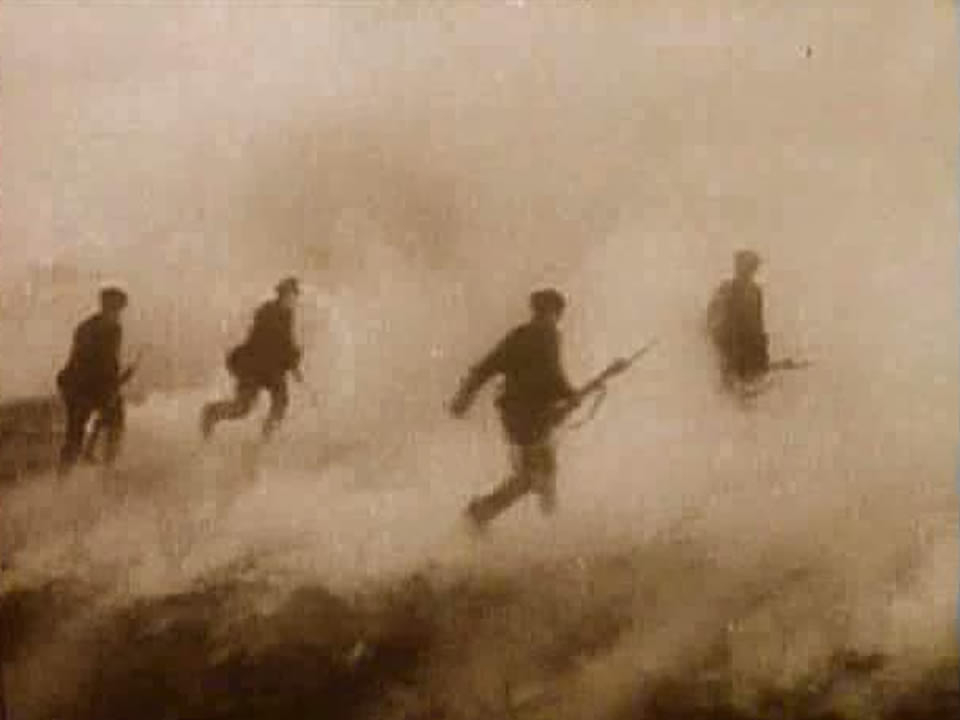

“What is the role of the media in wartime? Is it simply to record or is it to explain, and from whose point of view – the military, the politicians or the victims?”
Inspired by Phillip Knightley’s book about the history of war correspondents, The First Casualty – From the Crimea to Vietnam: The War Correspondent as Hero, Propagandist and Myth Maker (the first casualty of war being truth), John Pilger traces war reporting from the Crimea to the Falklands in Frontline: The Search for Truth in Wartime and explains how those journalists who diverge from the official view of their own government can be smeared.
The documentary was timely in being made in the aftermath of the Falklands War, the first subject to a plan by Britain’s Ministry of Defence to control the media after examining the effects of having reporters on the battlefield in the Vietnam War. Pilger recounts how the MoD initially did not want any journalists to accompany the Task Force to the South Atlantic but, under pressure from politicians, allowed a small number to join the troops.
Some of those who went tell Pilger that television pictures were deliberately delayed, British reporters were “prisoners of the Ministry of Defence” – with at least one case of blatant censorship – and American news organisations regarded their despatches as “a propaganda job”.
This contrasts with William Howard Russell’s reports for The Times in the Crimea that revealed the horrors and blunders of the British adventure before, Pilger reports, the First World War’s “state-run conspiracy to lie to the British people about the futility of the war and its carnage”, with reporters colluding in the conspiracy. Goebbels based Nazi propaganda during the Second World War on this model of censorship.
A former CIA intelligence officer tells Pilger that the Vietnam War, regarded as uncensored, was the agency’s most successful “disinformation” operation, with subtle methods used to manipulate journalists. American television reports of horrors committed by their soldiers against Vietnam’s civilian population – such as the Mai Lai massacre – were rare.
When Frontline was repeated in Channel Four’s “Banned” season in 1991, following the first Gulf War, Pilger added a postscript noting how civilian casualties in that conflict were again played down and new technology aided censorship, “which gave us the illusion that the war was almost bloodless, making war itself seem OK and preparing us for the next one”.
Frontline: The Search for Truth in Wartime (Central Independent Television), ITV, 19 July 1983
Director: Ross Devenish; producer: Nicholas Claxton (53 mins)
(Repeated on Channel Four, with a new postscript, in the ‘Banned’ season, 13 April 1991)


